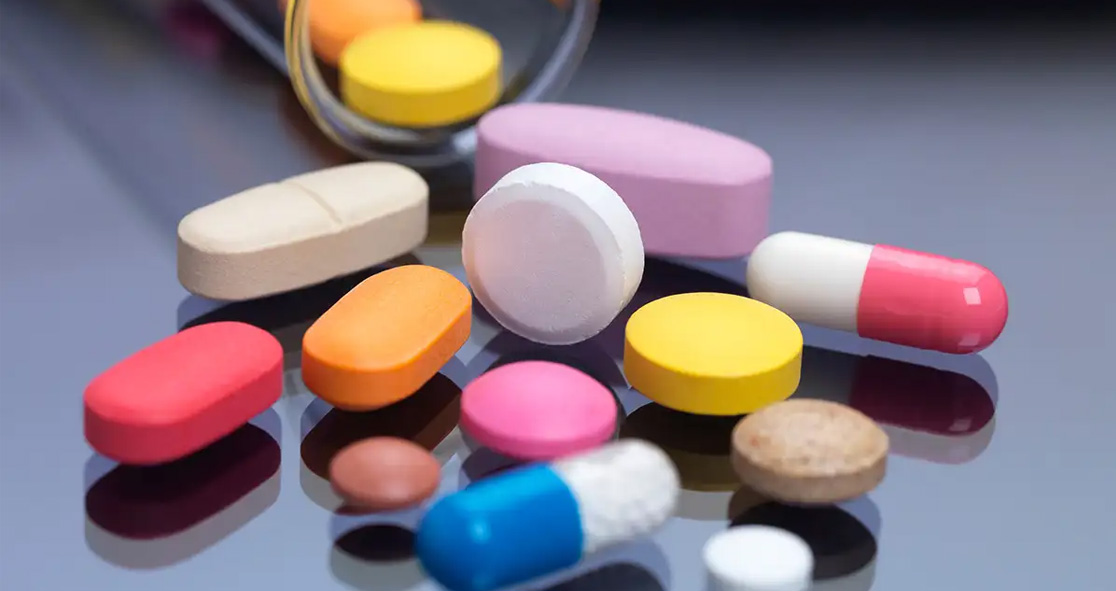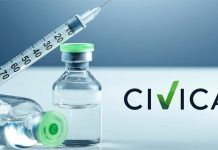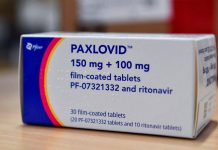Most people ask a pharmacist for a generic version of their brand medicine to save money, And in most cases, generic drugs do work and could be the better alternative.
Generic drugs are nothing but copied versions of brand-name drugs. Both generic and brand-name drugs share the same active ingredient, but they may contain different inactive ingredients. They may also differ in terms of color, size, shape, and texture of the pill.
For example, a generic drug, one used for erectile dysfunction, is sildenafil, and a brand name for sildenafil is Viagra. A generic drug, one used for high blood pressure, is metoprolol, and a brand name for metoprolol is Lopressor.
Most people express their concerns over the safety and efficacy of generic drugs because they are substantially cheaper than their brand counterparts. The U.S. Food and Drug Administration (FDA) requires all generic drugs to be as safe and effective as brand-name drugs, according to Medicine Net.
Why generic drugs are cheaper?
Generic drugs are much cheaper than their brand-name version because the manufacturers do not have to spend money on research, development, promotion, and marketing a new drug.
The company that brings a new drug onto the market has to spend substantial money on research, development, marketing, advertisements, and promotion. It has to even conduct large clinical trials to get approval from the FDA. Conducting human trials is expensive. Upon approval, a patent is granted that gives the company an exclusive right to sell the drug as long as the patent is in effect, according to Medicine Net.
Once the patent expires, other pharma companies can apply to the FDA for approval to make and sell generic versions of the same drug. And these pharma companies do not have to spend money on research and development or for that matter, clinical trials, which is why they can afford to make and sell it at a much cheaper price.
Typically, generic drugs are nearly 80% to 85% cheaper than their brand-name counterparts are. One study has even found that generic drugs saved the U.S. healthcare system more than $1.6 trillion between 2007 and 2016.
What experts have to say?
In 2011, Dr. Ranit Mishori of the Georgetown University School of Medicine wrote in The Washington Post, “Generic makers don’t face the same costs as manufacturers of brand-name drugs. That’s because the brand-name maker often invented the drug, a process that can cost hundreds of millions of dollars.”
“This is the rationale behind drug patents,” she added. “They give pharmaceutical companies a period of years when only they can make money on a product in which they have made a large investment. That investment also includes advertising: all those TV commercials and billboards at bus stops.”
No such investment is required for a generic manufacturer. The drug’s chemical formula is known and the clinical trials have already been done. All they need to do is demonstrate to FDA and other drug regulatory bodies that its generic version is as safe and effective as the brand-name drug.
“That is an enormous economic advantage for these companies, which is why their drugs can be much cheaper,” wrote Dr. Mishori, who is also a senior medical adviser at Physicians for Human Rights.
Dr. William Shrank of Harvard Medical School said, “The greatest disadvantage for these drugmakers may be their lack of an advertising budget. You generally don’t see ads for generics. It is perhaps this lack of exposure and gloss that make generics ‘less cool’ to patients.” “It is hard to sell something that’s ‘as good but less expensive.’” He added. “It does not have the same sexiness.”























